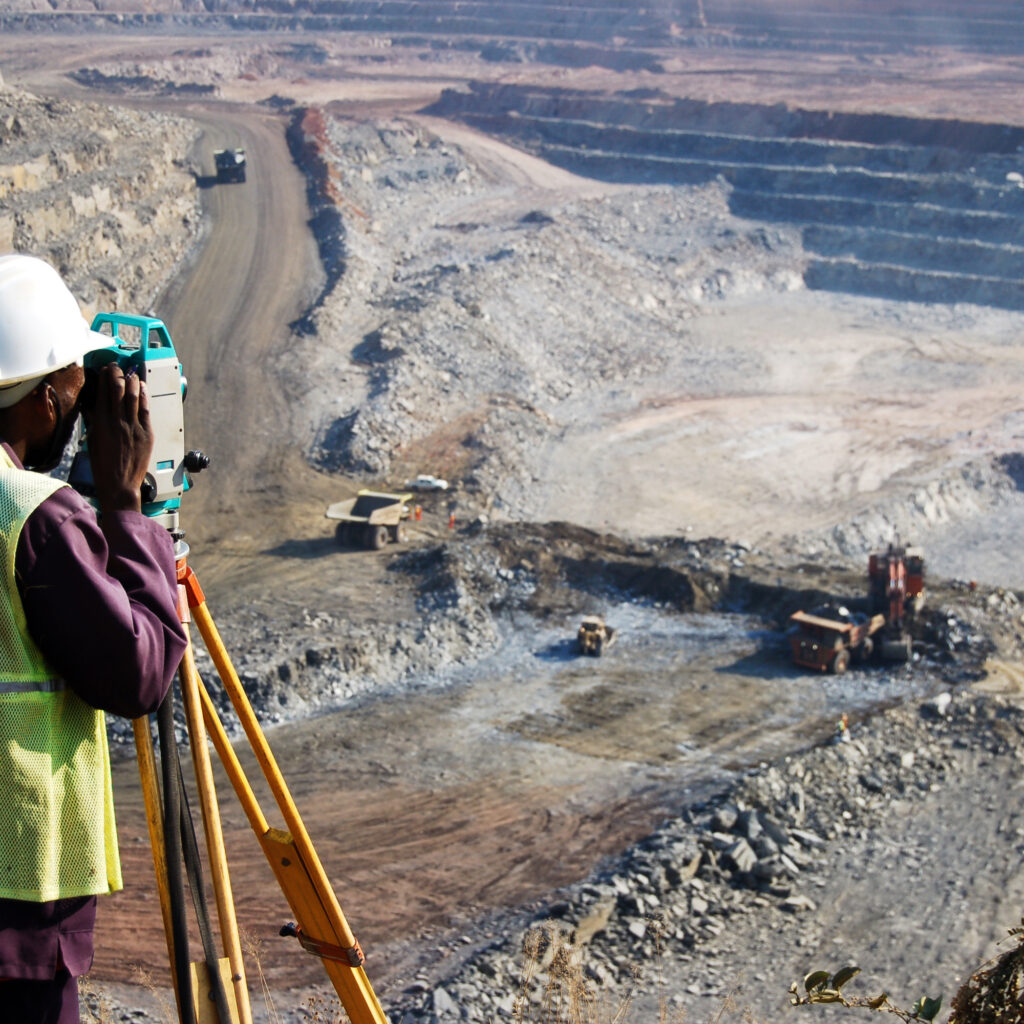The expansion of industrial-scale cobalt and copper mines in the Democratic Republic of the Congo (DRC) has led to the forced eviction of entire communities and grievous human rights abuses, Amnesty International alleges.
In a report, Powering Change or Business as Usual?, Amnesty International and the DRC-based organisation Initiative pour la Bonne Gouvernance et les Droits Humains (IBGDH), detail how the scramble by multinational companies to expand mining operations has resulted in communities being forced from their homes and farmland.
Agnès Callamard is Amnesty International’s Secretary General.
“The forced evictions taking place as companies seek to expand industrial-scale copper and cobalt mining projects are wrecking lives and must stop now,” he said
“Amnesty International recognises the vital function of rechargeable batteries in the energy transition from fossil fuels. But climate justice demands a just transition. Decarbonising the global economy must not lead to further human rights violations.
Growing demand for clean energy technologies has created a corresponding demand for certain metals, including copper and cobalt, which is essential for making most lithium-ion batteries. These are used to power a wide range of devices including electric cars and mobile phones. The DRC has the world’s largest reserves of cobalt, and the seventh largest reserves of copper.
The average electric vehicle battery requires more than 13kg of cobalt, and a mobile phone battery about seven grams. Demand for cobalt is expected to reach 222,000 tonnes by 2025, having tripled since 2010.
Donat Kambola is president of IBGDH.
“People are being forcibly evicted, or threatened or intimidated into leaving their homes, or misled into consenting to derisory settlements,” he said.
“Often there was no grievance mechanism, accountability, or access to justice.”
Candy Ofime and Jean-Mobert Senga, Amnesty International researchers and co-authors of the report, said: “We found repeated breaches of legal safeguards prescribed in international human rights law and standards, and national legislation, as well as blatant disregard for the UN Guiding Principles on Business and Human Rights.”
To produce Powering Change or Business as Usual? Amnesty International and IBGDH interviewed more than 130 people at six different mining projects in and around the city of Kolwezi, in the southern province of Lualaba, during two separate visits in 2022.
Researchers reviewed documents and correspondence, photographs, videos, satellite images, and company responses. Findings at four sites are included in the report and abuses at three sites. At the fourth site, Kamoa-Kakula, the report found evidence of inadequate resettlement. Responses from the companies named in the report can be accessed here.














